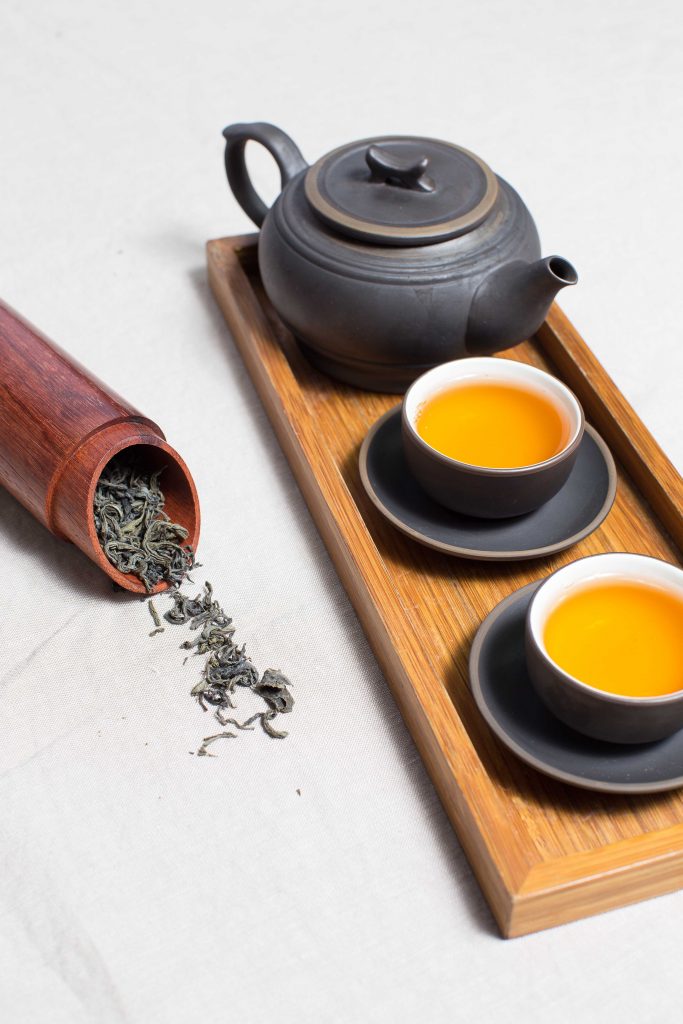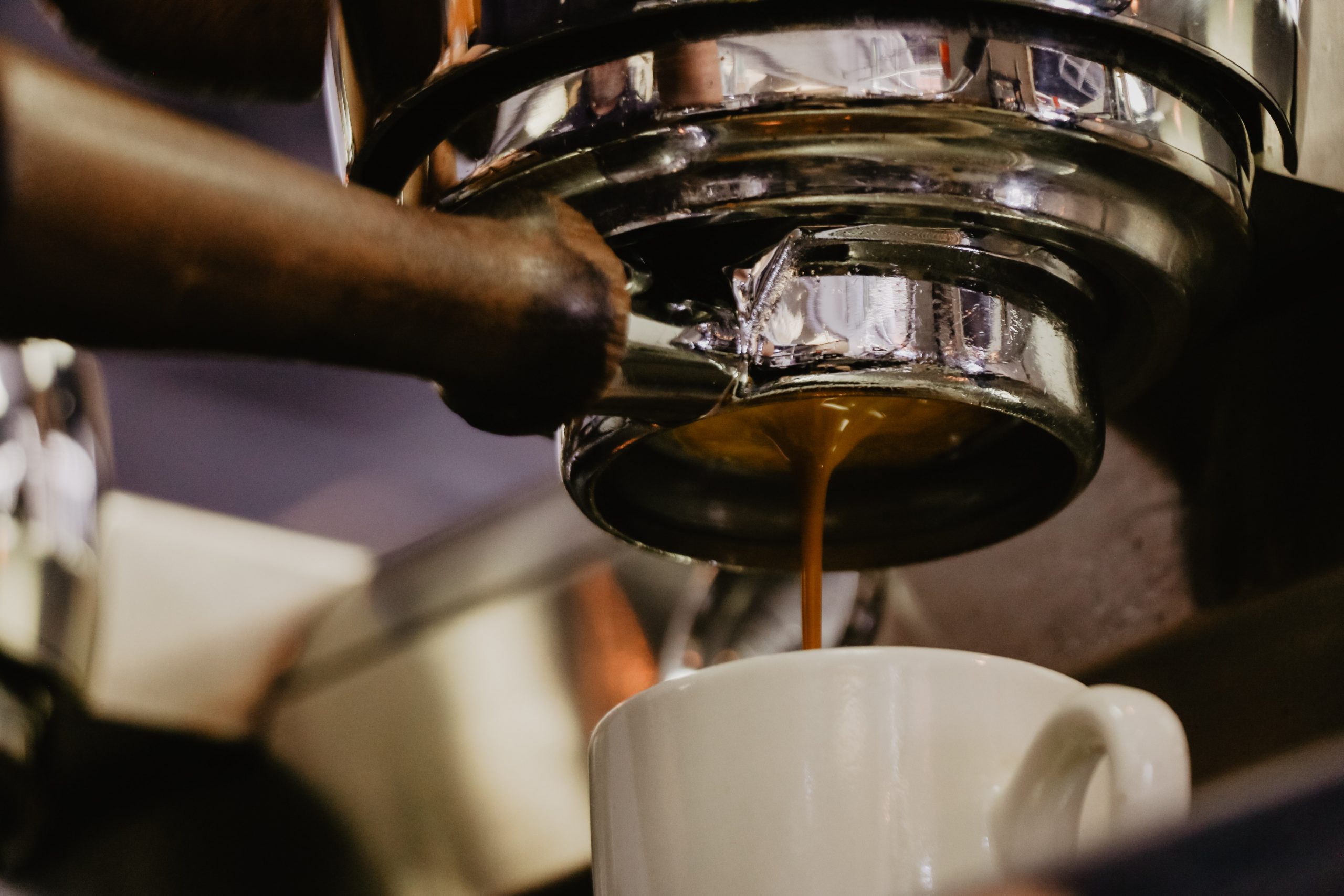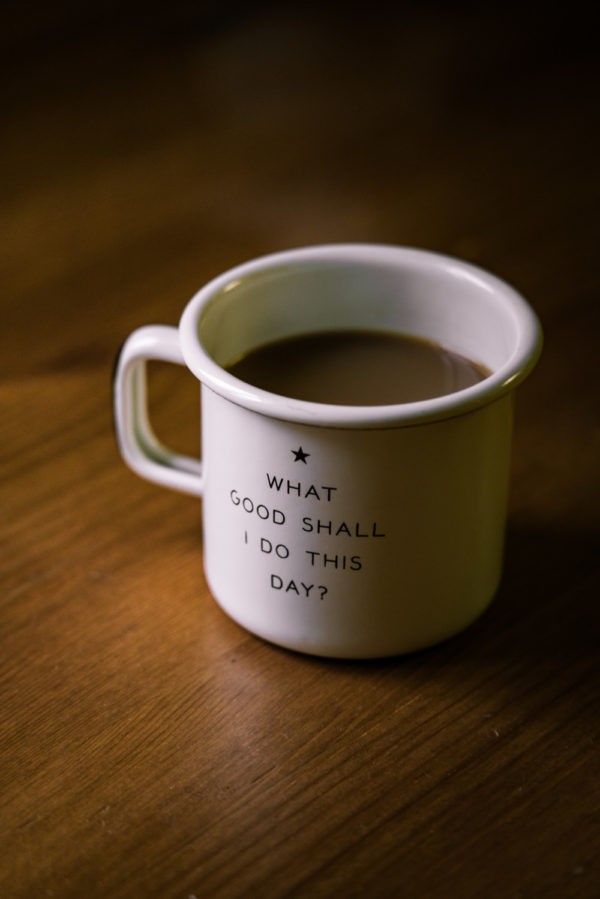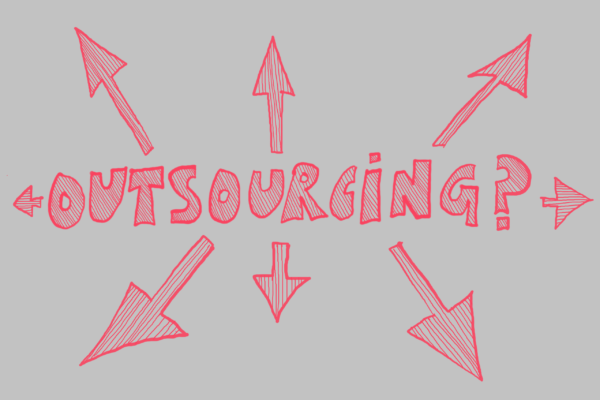Coffee is one of the beverages you can find all over the world. It is a social lubricant like almost no other in the world. This elixir is on the rise if you have a look at social media and offered barista trainings. It features in the list of the ten most traded commodities and new cool coffee shops pop up everywhere. That leads to a question: Is coffee good for us?
Coffee is part of our lifestyle
I have not been to a country yet where coffee does not play a crucial role in the local lifestyle. A glance at this statistic reveals that coffee is used in almost all parts of the world. I love the smell and the hustle and bustle of an Italian espresso bar. By the way, if you miss your favourite bar you can use this website to get a little bit of bar feeling into your head and heart. So, a cup of coffee belongs to our mornings, middays, afternoons and even evenings, doesn’t it?
Coffee is a health enhancing drug
Coffee has some undeniable health benefits if consumed at the right dose. It contains some essential micronutrients such as vitamins B2, B3 and B5, manganese, potassium and magnesium. It is also an important source of antioxidants – sometimes the only one people take advantage of in their daily diet. More on the health benefits can be found in this article. Besides these positive effects, it is worth mentioning that coffee contains caffeine which may not support your health.
Coffee can be a hug in a mug or a drug in a mug.
Unknown author (first part) and Joshua Rosenthal (second part).
Caffeine – the booster
Just to be clear on this substance: It is the world’s most widely consumed psychoactive drug according to Wikipedia. I always remember a scene of one of my favourite films in my adolescence where the chemistry prof asks his student (played by John Cusack) about the chemical formula of caffeine. So, how does this C8H10N4O2 affect our bodies?

What is it?
Caffeine acts as a stimulant for our central nervous system. About 20 minutes after consumption of your coffee or tea caffeine is taking effect. The most obvious is a boost in energy and focus. It can support you to get into a state of flow and hyper-focus. This can, on the one hand, be helpful to tackle important tasks at hand. Caffeine can, on the other hand, increase blood pressure and heart rate, make you jittery (imagine a neurosurgeon with too much caffeine), and affect your urinary and digestive functions.
Timing important
Be aware of its elimination half-time of approximately 5 to 6 hours. That means that you have still half of the caffeine in your body after 5 to 6 hours of your last cup of coffee and a quarter after 10 to 12 hours. This will interrupt your sleep cycles. Although many people will tell, that the espresso after dinner does not affect their sleep, it does according to Prof. Matthew Walker.
Our subjective sense is a miserable predictor of objectively how well we are doing with a lack of sleep.
Prof. Matthew Walker
It could be helpful to consider a wise timing to consciously have a cup of coffee. I, for example, have one cup of coffee at about 9:30 in the morning (about 130ml brewed on a V60 in case you are wondering). During travel and holidays, I try to stick to it but not always. I do not need coffee in the morning to get my day going. Additionally, I find a cup of coffee right after waking-up counterproductive as our cortisol levels reach their peak at this time. That is due to the fact that caffeine is also triggering a stress response in our body through our adrenal glands by releasing more cortisol. Thus, that added stress hormone will not do any good in the long run.
Where can it be found?
Caffeine cannot be found in coffee alone. Black, green and Mate tea contain a reasonable amount of the stimulant. So does chocolate, cola, energy drinks and some sort of pain relievers like this.

Further reading
Hooked by the topic? You can find a fantastic summary of all the benefits and tips for withdrawal of coffee in Dr Mark Hyman’s blog post. If you like a discussion on a more scientific level check out these studies on caffeine use and on coffee withdrawal.
Conclusion
The bottom line for me is – as always – to inform and present a basis for people to be able to take conscious decisions about their lifestyle. Coffee and tea can be great companions in your life. Just be aware of their effects on your body. If you are unsure about whether caffeine is good for you or you would like to go on a withdrawal, talk to your doctor or preferred health care professional. Hope to see you in an espresso bar soon again.
Blogpost photo by Estela Shaddix on Unsplash.




